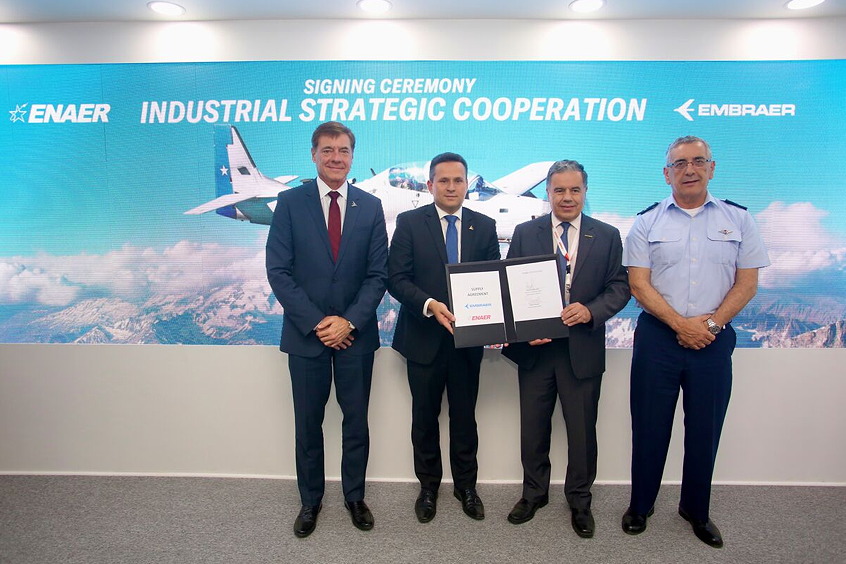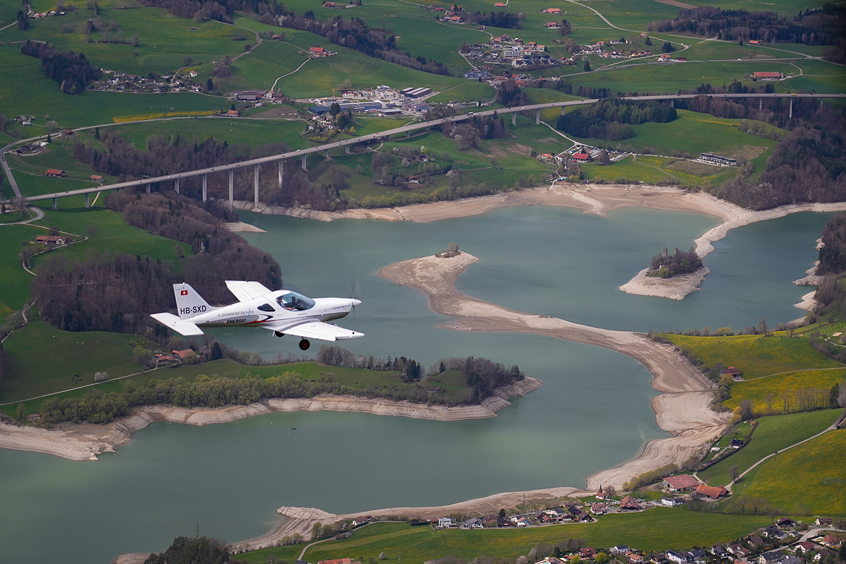The General Aviation Manufacturers Association (GAMA) today lauded the adoption of a climate agreement that will put into place a carbon offsetting scheme for international aviation, the first such scheme for any industrial sector. The scheme was adopted at the 39th General Assembly of the International Civil Aviation Organization (ICAO) in Montreal, Canada.
The ICAO Carbon Offsetting and Reduction Scheme for International Aviation (CORSIA) will allow covered countries' international aviation growth from 2021 onward to be carbon-neutral. CORSIA will be administered and enforced by each state. ICAO's CORSIA enjoys the broad and deep support of the entire aviation industry.
“Today's agreement stands as a testament to the global aviation industry's commitment to do its part to mitigate its effect on the earth's climate,” GAMA President and CEO Pete Bunce said. “GAMA's member companies that manufacture business aircraft, engines, avionics, and components worked hard to achieve an agreement that will balance the industry's continued economic growth with the need to address international aviation CO2 emissions. This historic agreement also incorporates provisions that exempt small operators (defined as those whose international operations emit under 10,000 MT of CO2 per year) as well as small aircraft below 5,700 kg, the inclusion of which would have made administration of the scheme onerous and expensive for small businesses.”
CORSIA establishes a three-phase framework, with a three-year “pilot” phase starting in 2021, followed by a three-year first phase beginning in 2024. The second phase, from 2027 onward, would be mandatory for those countries not otherwise exempted, including the least developed states, small island states, and states whose international aviation activity falls below a minimum threshold. Despite its voluntary nature, 65 countries, representing over 80 percent of global aviation activity (as measured by revenue/ton kilometers, RTK), have already committed to participating from the scheme's outset.
In 2009, business aviation manufacturers and operators announced three aspirational goals to reduce the industry's impact on climate change [1]. Achievement of these goals depends on progress on a basket of measures, including use of alternative fuels and improvements in aircraft technology, air traffic control infrastructure, and operational efficiency, and implementation of market-based measures as an interim gap-filler.
“With agreement reached earlier this year at ICAO on the first-ever CO2 standard for aircraft [2], combined with today's agreement on CORSIA, the global aviation industry has taken vital steps toward fulfilling its commitment to address climate change while not jeopardizing continued economic growth,” Bunce noted.
| Contact details from our directory: | |
| General Aviation Manufacturers Association (GAMA) | Trade Organisations |
| Related directory sectors: |
| Trade Organisations |
Weekly news by email:
See the latest Bulletin, and sign up free‑of‑charge for future editions.

Bell Mexico delivers 800th commercial aircraft cabin

Chile's ENAER expands cooperation with Embraer

Eve names KAI as supplier for eVTOL pylons
